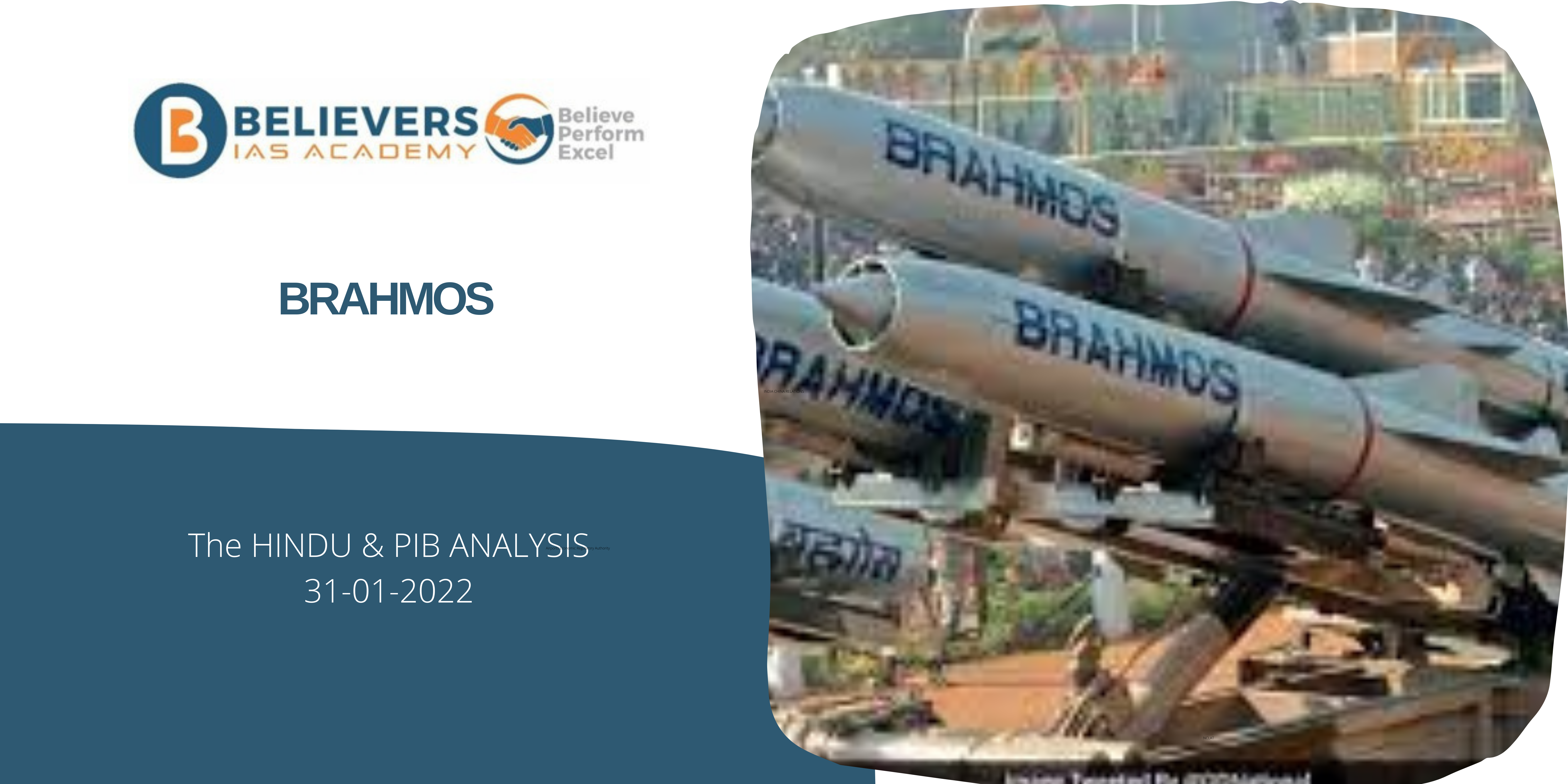Upholding the Rule of Law Amidst Technological Challenges: A Struggle for Justice
Context:
The weakening of the rule of law in contemporary Indian society, with a specific focus on the case of Indian medal-winning wrestlers who faced alleged sexual harassment and the challenges posed by the ongoing technological revolution.
Relevance:
GS-02 (Issues Related to Women) (Gender) (Sports & Affairs)
Prelims:
Sexism, Gender Disparity, Women Safety, POCSO Act.
Mains Question:
- The autonomy and supremacy of the law are contingent upon political commitment and a robust rule of law culture. Analyze the present weakening of the rule of law in contemporary Indian society, considering the trust deficit in the colonial model and the emergence of faith-oriented majoritarian re-imagination of laws. (250 words)
Dimensions of the Article:
- An Unsettling Erosion of the Rule of Law
- The Courageous Voices of Wrestlers Echo
- The Prolonged Battle for Justice
- The Enigmatic Pace of Investigation
- Demanding Equal Justice under the Rule of Law
- Embracing Course Correction
An Unsettling Erosion of the Rule of Law:
- In the relentless march of technological advancement, the very foundations of the rule of law appear to be tested. Contemporary Indian society finds itself grappling with a disturbing erosion of this essential pillar, primarily fueled by two interconnected factors.
- First, there exists a pervasive trust deficit in the archaic colonial model of the rule of law. Second, a majoritarian re-imagination of laws, rooted in divine providence, adds complexity to an already intricate legal landscape.
- Amidst this backdrop, the plight of Indian medal-winning wrestlers embroiled in allegations of sexual harassment stands as a poignant exemplar of the crisis we face.
The Courageous Voices of Wrestlers Echo:
- For nearly a decade, female trainee wrestlers, even those of award-winning caliber, have endured alleged sexual advances and grave indignities during their training.
- In January 2023, these wrestlers took a bold stand, commencing a sit-in protest at Jantar Mantar, New Delhi. Despite the Sports Ministry’s referral of the complaints to an oversight committee, the wrestlers’ plight remained unresolved, drawing attention to the sluggish response of the rule of law.
The Prolonged Battle for Justice:
- Dealing with insensitive probing during depositions, the wrestlers restarted their sit-in protest in late April, gaining increased public support. The survivors’ pursuit of justice led them to the Supreme Court of India, which took cognizance of their grievances.
- Consequently, the Delhi Police registered two FIRs under relevant provisions, bringing the sexual harassment complaints within the purview of criminal justice. However, a campaign of vilification orchestrated by the alleged perpetrator and his followers, targeting the wrestlers and even questioning the legitimacy of the POCSO Act, complicated matters further.
The Enigmatic Pace of Investigation:
- The Delhi Police, as the foremost investigative agency, had a crucial responsibility to respond swiftly to allegations involving internationally acclaimed wrestlers and a prominent politician within the sports realm.
- However, their approach seemed lackadaisical, exhibiting selectivity in fact gathering and focusing more on the credentials of the complainants rather than the accused.
Demanding Equal Justice under the Rule of Law:
- The essence of the rule of law hinges on universal and equal applicability. In the realm of sexual harassment complaints, this demands a free, fair, and impartial investigation, ensuring swift resolution.
- While the accused is entitled to a fair trial, the rule of law necessitates efficient checks on police powers and judicial oversight.
- The Lalita Kumari case underscored the importance of judicial intervention, empowering magistrates to monitor investigations. Yet, in the present case, the survivors have faced bureaucratic delays and inadequate judicial support.
Embracing Course Correction:
- The struggle to uphold the rule of law extends beyond individual cases, resonating with the very essence of constitutional justice. A united front, driven by a commitment to fundamental principles, must seek course correction to salvage the integrity of the rule of law.
- The Stockholm Criminology Symposium of June 2023, delving into “principled and equitable law enforcement,” serves as a reminder of our shared global pursuit for justice.
Way Forward:
The onus lies not just on the judiciary but also on those who value the rule of law and uphold constitutional justice. It is imperative to stand firm and embark on a course correction to safeguard the soul of the rule of law. This challenge is not unique to India; democracies worldwide face similar threats. The Stockholm Criminology Symposium’s theme of ‘principled and equitable law enforcement’ resonates, underscoring the need for unwavering commitment to the rule of law.



